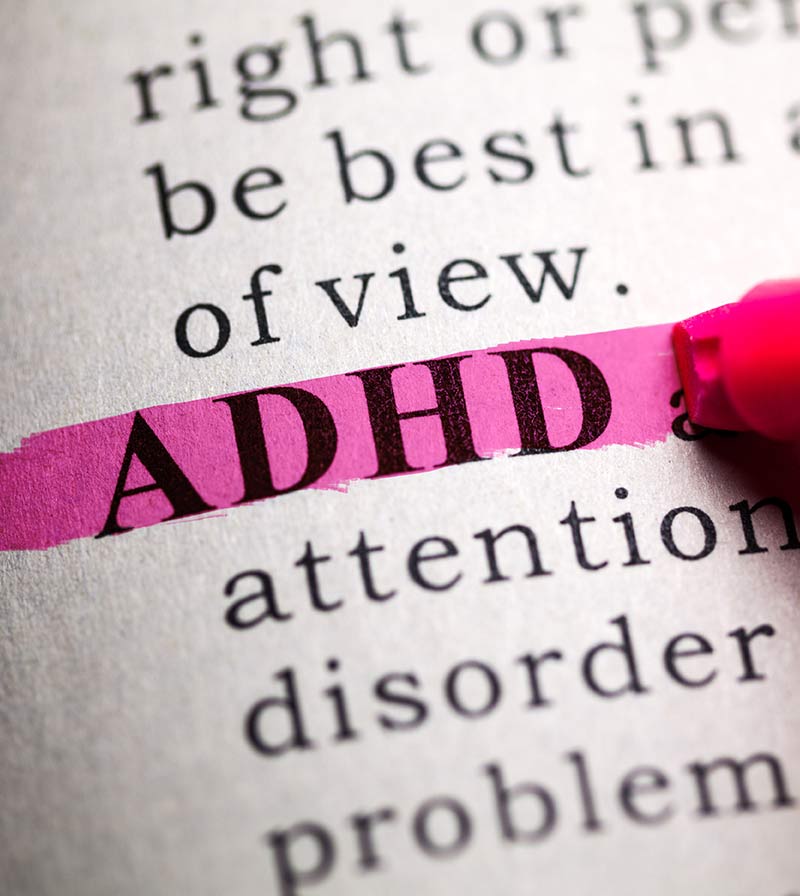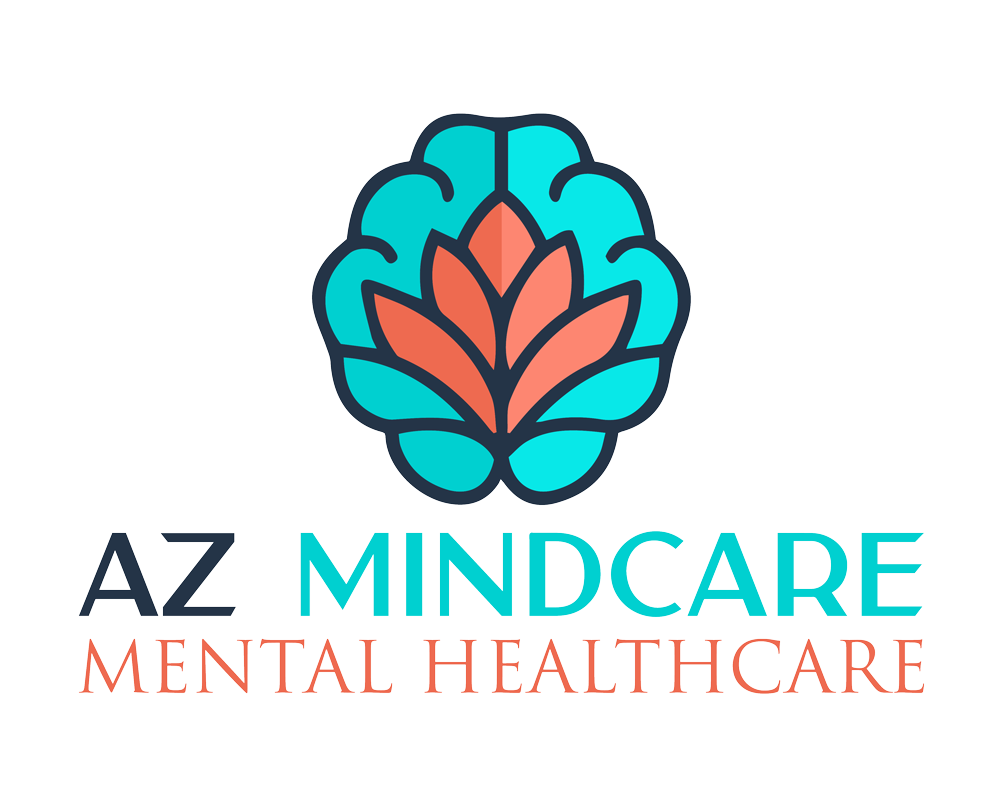Frequently Asked Questions
How do I contact Phoenix Mind Care for an appointment?
To contact Phoenix Mind Care for an appointment, you can call their office directly or visit their website to fill out an appointment request form.
Can I get a same-day appointment at Phoenix Mind Care?
Same-day appointments at Phoenix Mind Care may be available depending on current scheduling. We encourage you to contact us directly to inquire about immediate availability and to discuss your needs.
Can therapy help manage bipolar depression in Phoenix, AZ?
Therapy can effectively help manage bipolar depression in Phoenix, AZ, by providing personalized strategies and support tailored to individual needs, promoting emotional stability, and enhancing coping skills for a healthier, balanced life.
What services does Phoenix Mind Care offer to its clients?
Phoenix Mind Care offers a range of services including personalized therapy, medication management, and support for various mental health conditions such as anxiety, depression, PTSD, and more, tailored specifically for young adults.
Are there support groups for bipolar depression in Phoenix?
Support groups for bipolar depression are available in Phoenix. These groups provide a supportive environment for individuals to share experiences and coping strategies, fostering connection and understanding among participants.
How experienced are the therapists at Phoenix Mind Care?
The experience of the therapists at Phoenix Mind Care is extensive, with each professional bringing years of specialized training and practice in mental health care to provide effective support for young adults.
Is Phoenix Mind Care a reputable mental health provider?
Phoenix Mind Care is a reputable mental health provider, known for its commitment to delivering personalized, evidence-based treatment for various mental health conditions, particularly among young adults.
What are symptoms of bipolar depression in Phoenix, Arizona?
The symptoms of bipolar depression in Phoenix, Arizona, include persistent sadness, fatigue, changes in sleep patterns, difficulty concentrating, feelings of hopelessness, and loss of interest in activities. Recognizing these symptoms is crucial for seeking appropriate care.
How is bipolar depression treated in Phoenix, AZ?
Bipolar depression is treated in Phoenix, AZ, through a combination of medication, therapy, and lifestyle modifications tailored to individual needs, ensuring effective management of symptoms and support for young adults.
What types of therapy are offered at Phoenix Mind Care?
Phoenix Mind Care offers a variety of therapeutic approaches, including cognitive-behavioral therapy (CBT), dialectical behavior therapy (DBT), and mindfulness-based therapy, all tailored to meet the unique needs of each individual.
How can I prepare for my appointment?
Preparing for your appointment involves gathering any relevant medical history, listing your current medications, and noting specific concerns or questions you wish to discuss. This will help ensure a productive and personalized session.
What is the process for scheduling an evaluation?
The process for scheduling an evaluation involves contacting AZ Mindcare directly through our website or phone. Our team will guide you through the steps to set up an appointment tailored to your needs.
Are there any age restrictions for clients?
AZ Mindcare does not impose strict age restrictions for clients. We specialize in providing personalized mental health care primarily for young adults, but we welcome individuals of various ages seeking support.
What insurance providers are accepted at Phoenix Mind Care?
Phoenix Mind Care accepts a variety of insurance providers, including major plans such as Aetna, Cigna, UnitedHealthcare, and Blue Cross Blue Shield. For a complete list or to verify your specific plan, please contact our office directly.
How long are therapy sessions typically?
Therapy sessions typically last between 45 to 60 minutes. This duration allows for meaningful discussion and effective therapeutic engagement, tailored to the needs of each individual.
What should I expect during my first visit?
During your first visit, you can expect a warm and welcoming environment where you'll discuss your mental health history, current concerns, and treatment goals with a qualified professional. This initial consultation helps tailor your care to your specific needs.
Are telehealth options available for therapy?
Telehealth options are available for therapy at AZ Mindcare. We offer convenient virtual sessions to ensure you receive personalized mental health support from the comfort of your home.
What qualifications do the therapists have?
The qualifications of our therapists include advanced degrees in psychology, counseling, or social work, along with relevant licenses and certifications. They are trained in evidence-based practices to provide effective, personalized care for mental health conditions.
How does Phoenix Mind Care ensure personalized care?
Phoenix Mind Care ensures personalized care by conducting thorough assessments to understand each individual's unique needs, preferences, and circumstances, allowing for tailored treatment plans that address specific mental health conditions effectively.
What are the treatment options for bipolar depression?
The treatment options for bipolar depression include medication, such as mood stabilizers and antidepressants, psychotherapy, lifestyle changes, and support groups. A personalized approach is essential for effective management of the condition.
Can family members participate in therapy sessions?
Family members can participate in therapy sessions at AZ Mindcare. Involving loved ones can enhance the therapeutic process and provide additional support for young adults during their mental health journey.
What resources are available for bipolar depression support?
Resources available for bipolar depression support include therapy options, support groups, educational materials, and helplines. At AZ Mindcare, we offer personalized care and can guide you to appropriate resources tailored to your needs.
How often should I attend therapy sessions?
The frequency of therapy sessions varies based on individual needs and treatment goals. Generally, attending weekly sessions is common, especially at the start, but this may adjust to biweekly or monthly as progress is made.
What is the cancellation policy for appointments?
The cancellation policy for appointments at AZ Mindcare allows clients to cancel or reschedule up to 24 hours in advance without any charge. Cancellations made less than 24 hours prior may incur a fee.
Are there any costs for initial consultations?
The costs for initial consultations at AZ Mindcare vary based on individual circumstances. We encourage you to contact us directly for detailed information regarding any potential fees.
How does Phoenix Mind Care handle emergencies?
Phoenix Mind Care handles emergencies by providing immediate support and guidance, ensuring that individuals in crisis receive timely assistance and appropriate resources. Our trained professionals are available to assess the situation and recommend the best course of action.
What is the average duration of treatment for bipolar depression?
The average duration of treatment for bipolar depression varies, typically lasting several months to years, depending on individual needs and response to therapy. Regular evaluations help tailor treatment plans for optimal outcomes.
Can I switch therapists if needed?
Switching therapists is possible if needed. At AZ Mindcare, we prioritize your comfort and fit in therapy, so feel free to discuss any concerns about your current therapist and explore options for a different provider.
What community resources does Phoenix Mind Care recommend?
Phoenix Mind Care recommends a variety of community resources, including local support groups, mental health hotlines, and wellness programs that cater to young adults seeking assistance with their mental health challenges.
How does therapy address co-occurring disorders?
Therapy effectively addresses co-occurring disorders by integrating treatment for both mental health and substance use issues, fostering a comprehensive approach that enhances overall well-being and promotes lasting recovery.









